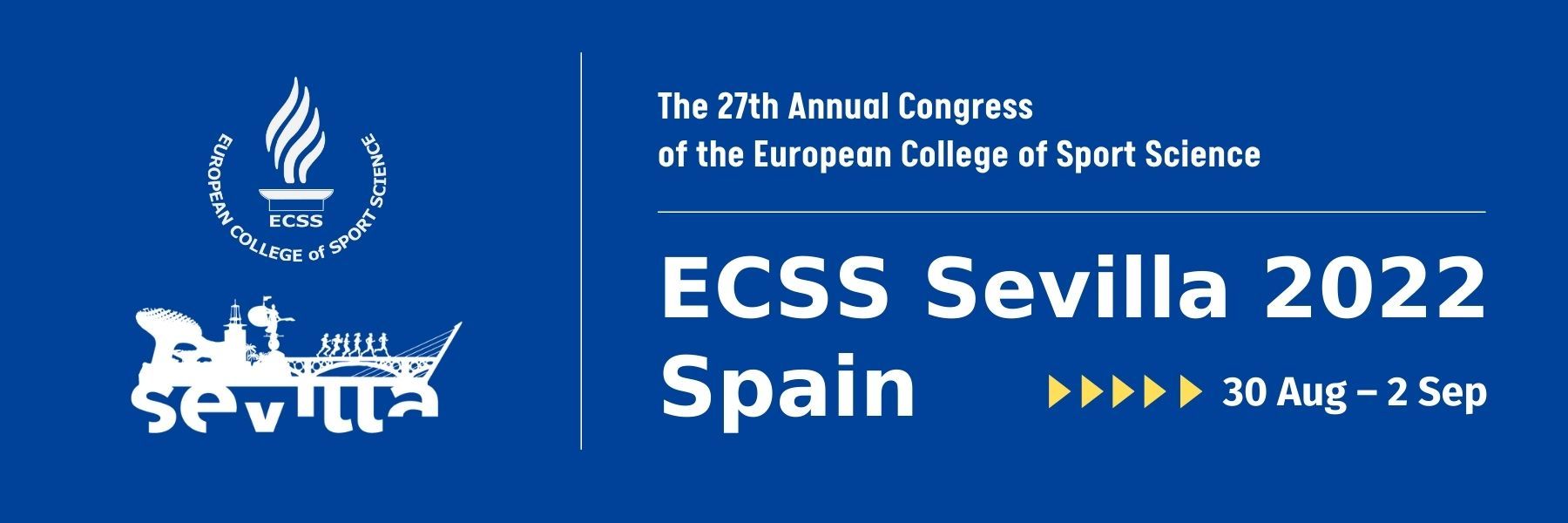

ECSS Paris 2023: CP-SH07
Background: Older adults are the most sedentary segment of the population, highlighting the need for sustainable interventions to promote lasting behavioral change. Intergenerational programs and participatory approaches have shown promise in enhancing adherence and maintaining longer term benefits. Objectives: This study aimed to assess the effects of intergenerational and participatory-designed exercise-based interventions to reduce sedentary behaviour (SB) and/or increase physical activity (PA) in older adults. Design: Literature searches were conducted up to February 2025 within PubMed, Scopus, Web of Science and Cochrane databases. The selected papers met the following eligibility criteria: interventions had to (a) target older adults aged 60 and above, along with younger participants of any age; (b) incorporate intergenerational connections; (c) be experimental studies utilizing a participatory approach; (d) evaluate the effects of an exercise- or SB-focused intervention; and (e) measure at least one PA or SB outcome in older adults, with both pre- and post-intervention assessments. Measurements: Primary outcomes measured PA or SB in older adults, with assessments conducted before and after the intervention. Secondary outcomes included additional indicators of physical and emotional health, as well as perceived benefits, satisfaction, and intervention acceptability. Results: A total of 1 out of 148 identified articles met these criteria. The study showed non-significant, but positive associations between intergenerational interactions and increased PA. Conclusions: While both intergenerational exercise-based interventions and participatory-designed interventions have independently shown positive outcomes in older adults, further research is needed to explore the benefits of combining these approaches.
Read CV Robert TrullECSS Paris 2023: CP-SH07
Introduction: Assessment literacy is crucial for teachers, enabling them to adequately assess their students’ learning process and adapt their teaching accordingly. Teachers’ assessment is influenced by multiple facets, e.g. cognitive ability and perception [1]. The framework of assessment literacy encompasses cognitive abilities, teachers beliefs regarding assessments and their navigation of the institutional context [2]. However, assessment literacy in the context of physical education (PE) remains to be elucidated. In a multi-step approach, it is aimed to develop and evaluate a reliable instrument, specifically designed to investigate assessment literacy of PE teachers. Methods: At first, an international (i.e., AUS, CAN, ESP, NED, USA) panel of research experts (n=7) agreed to review and adapt ACAI [3] and KOSTA [4] to account for the unique context of PE. Secondly, PE teachers (n=10), serving as practitioner experts, review the adapted instrument. Subsequent to piloting, reliability and validity will be tested within international PE teacher cohorts. Results: Preliminary findings from the expert panels and pilot testing (German cohort; n=87) indicate context adaptability of assessment literacy in PE, particularly concerning to Scenario 1 “You give your class a paper-pencil summative unit test with accommodations and modifications for identified learners. Sixteen of the 24 students fail.” and Scenario 2 “You discover that a student has plagiarized some of their assignment (e.g., an essay, lab report)” from ACAI. Discussion and Conclusion: The studies contribute to assessment literacy research by developing a reliable instrument specifically tailored to PE. Eventually, the instrument aims to foster a more comprehensive as well as culturally informed understanding of teachers’ assessment and may allow cross-cultural analyses. [1] Moura, A. et al. (2020), DOI: https://doi.org/10.1080/17408989.2020.1834528 [2] Feser, M. S. & Höttecke, D. (2020), DOI: https://doi.org/10.4119/hlz-2519 [3] DeLuca, C. et al. (2016), DOI: https://doi.org/10.1080/10627197.2016.1236677 [4] Schneider, C. & Bodensohn, R. (2017), DOI: https://doi.org/10.1080/0969594X.2017.1293002
Read CV Lars FischerECSS Paris 2023: CP-SH07
INTRODUCTION: Physical inactivity among adolescents remains a global public health concern, with schools playing a crucial role in promoting lifelong physical activity habits. Self-Determination Theory (SDT) [1] suggests that satisfying students basic psychological needs for autonomy, competence, and relatedness in physical education (PE) fosters intrinsic motivation, enhancing engagement and long-term physical activity participation. However, how engagement in PE translates into out-of-school physical activity remains unclear, and potential gender differences in this relationship require further investigation. This study examines engagement in PE as a mediator between psychological need satisfaction in PE and self-reported physical activity outside school, while also testing whether gender moderates this mediation effect. Understanding these mechanisms can provide insights into how PE environments can be tailored to foster engagement and long-term physical activity in youth. METHODS: Self-report instruments measuring basic psychological need satisfaction (BPNS) in PE (autonomy, competence, relatedness, 5 items each, ω ≥ .66), behavioral engagement in PE (5 items, ω = .81), and out-of-school physical activity (2 items, ω = .91) were administered online to N = 2,967 Czech high school students. Multi-group structural equation modeling tested gender differences in mediating effects of PE engagement on general PA separately for each psychological need. RESULTS: We observed varying total effects on out-of-school PA across needs, with competence having the strongest effect for both males (β = .52) and females (β = .39). The mediating role of PE engagement varied, ranging from none/partial for competence to substantial/full for autonomy. Gender moderated the mediation for relatedness, where PE engagement fully mediated the effect in females but only partially in males. CONCLUSION: Our findings emphasize the role of engagement in PE as a mediator linking psychological need satisfaction to out-of-school physical activity, with its influence varying across needs. While competence had the strongest direct effect on PA, engagement played a key role in translating autonomy and relatedness satisfaction into sustained physical activity behaviors. The gender-specific mediation pattern highlights the need for differentiated PE strategies. These results suggest that enhancing PE engagement—through autonomy-supportive, competence-building, and socially inclusive environments—could be key to promoting lifelong physical activity habits among adolescents. Future interventions should focus on strengthening engagement in PE as a mechanism for increasing physical activity beyond school. REFERENCES: [1] Ryan, R. M., & Deci, E. L. (2020). https://doi.org/10.1016/j.cedpsych.2020.101860 ACKNOWLEDGEMENT: This study was supported by project GA ČR 23-05873S.
Read CV Ivana HarbichováECSS Paris 2023: CP-SH07